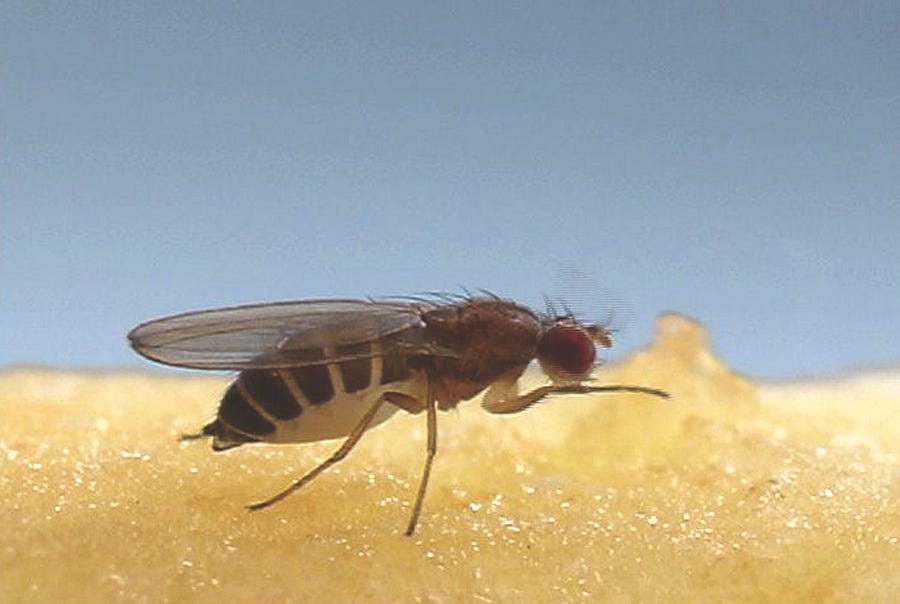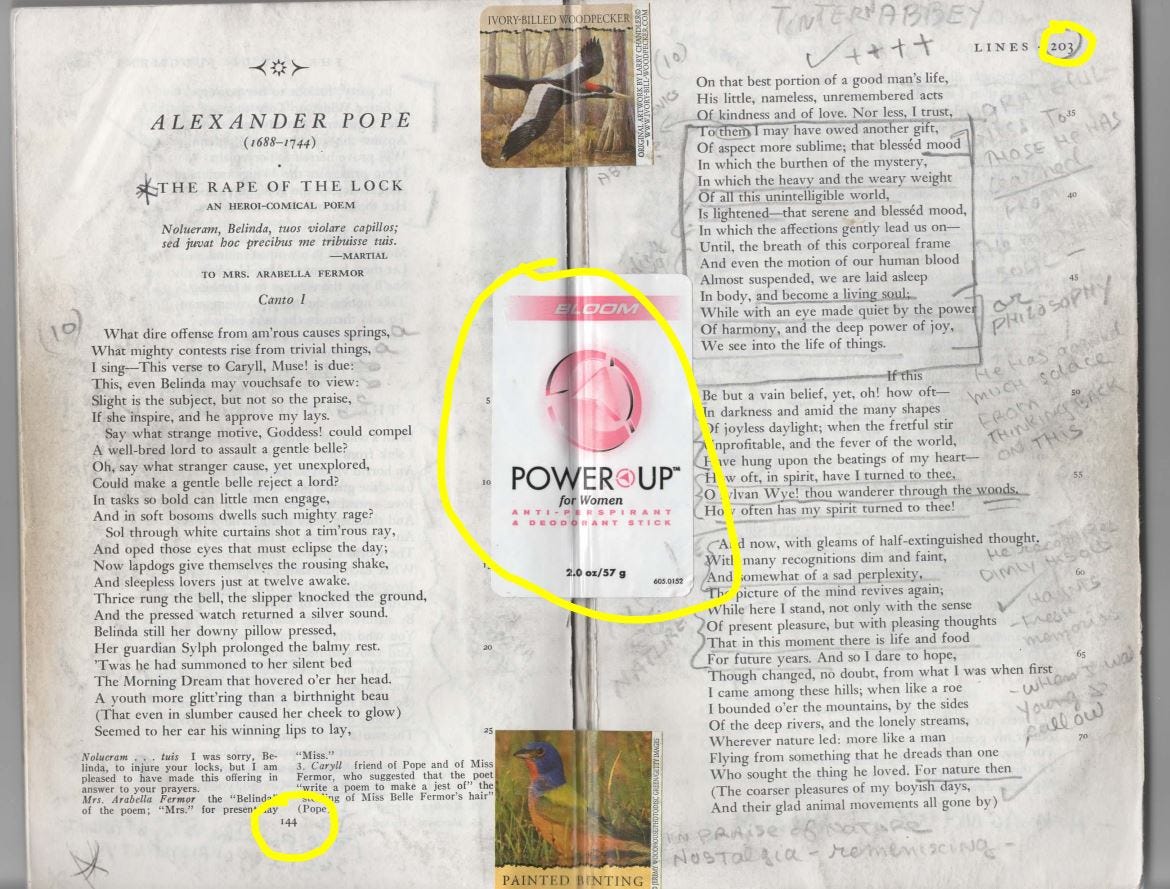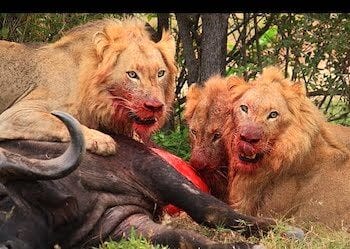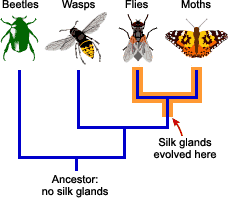Dear Diary ...
It's early January 2014. I've been in jail three months now. The weatherman talks of frost.
A lonely hapless fruitfly wandered into my cell. It's a curious thing because this jail is locked up tighter than a drum - nothing comes in - nothing comes out - unless with permission - or in handcuffs. Maybe it hitched a ride on a peach. What crime did you commit to get your self in here? How do you handcuff a fruitfly I wonder? I smeared some grape jelly on the sink where it landed, maybe thirsty for a drink. I wondered what I should do? At home I seldom killed insects, and never spiders. Cupped in my hand, I gently escort them outside.
But here this fruitfly is trapped. I can't open a window or show it the door. Maybe I should ask a CO to kindly set it free? What would he think of that!? I should simply - mercifully - kill it, for it will surely starve. Is it painful when a fruitfly dies?
If it flew out the door, it would be trapped in the labyrinth of corridors where even the COs sometimes get lost. I had to. I had no choice. I killed it swiftly and mercifully. There's pain enough without me adding more. And then I wrote a kind of poem, an echo of a poem, a lament, an elegy for a fruitfly.
…
Now, you might ask, where have I heard this poem before? As I have said, the point of poetry, for me, is for its usefulness. And to me, this was useful at the time. And, yes, this poem is highly "derivative" as one might say (or evolved as I prefer), from this one, a lovely poem from Wordsworth, reminiscing about his own childhood days, a poem people may know from high school English class. This is the original:
That’s me writing in that book. I often had that kind of feverish desperate scribbling in the margins throughout my poetry book, as if I was on death row. I sometimes had this overwrought sense - a kind of plaintive "woe is me ..." - it sounds like I'm in bed, dying of tuberculosis, pleading, "Will I ever see a butterfly again, mama?" - No, darling - you will be dead before summer comes.
About that Jurgen Ultra Healing sticker in the corner of my book: the poetry book is older than me, and falling apart at the seams. Old things tend to. My friend did a quick repair with a sticky label from a tube of hand lotion he bought on commissary! I don't know why, but we were only given access to women's deodorant and moisturizing cream!
When I got this anthology of poetry, the middle section was gone ... 60 pages and 60 years of poetry gone ... from Alexander Pope to William Blake. Maybe the previous owner of the book didn't appreciate either? But the book became like a Bible to me. It picked up with Tintern Abbey by Wordsworth, which I grew to love, though the first 30 lines were missing. I had to supply the missing context, and it's possible that I had a slight misunderstanding of what his reminiscence was about. I got it in my head that he might have been schooled by monks at Tintern Abbey, and was partly reflecting back on lessons learned. But that's not quite the case. It's nature around the abbey that instructed his heart and soul and made him revere nature with religious awe. His language is gorgeous, but I can meet him only halfway on his romantic reverence for nature. That’s because Darwin is halfway up the path.
I have a long-standing interest in evolution and happened to be reading Darwin's book, The Origins of Species, the 1859 edition. I had never read the whole thing before. It felt like a godsend to me! How on earth did it find its way in my jail cell? It had been provided by a Christian organization with a 50-page creationist preamble claiming to put in doubt the theory of evolution! A church minister must have brought it and left it in the prison “library”. The object of the book was to be "fair and balanced" by presenting both sides. The preamble was in large fonts, the text of Darwin was in minuscule font, but I read it three times while in jail, and annotated each and every single page hoping it would captivate (!) the next reader as it did me. A pure delight!
In the end, I didn’t care how it came to be there, but I was grateful that it was.
Thus, from Darwin, you learn not to romanticize nature excessively as Wordsworth is wont to do, and see the point of Tennyson's famous line about "nature red in tooth and claw".
The quote “comes from Alfred Lord Tennyson's In Memoriam A. H. H., 1850. The quotation comes in Canto 56 (it is a very long poem) and refers to man:
Who trusted God was love indeed
And love Creation's final law
Tho' Nature, red in tooth and claw
With ravine, shriek'd against his creed”
…
From an evolutionary point of view, fruitflies, moths and butterflies are closely related, evolving from a mutated ancestral form, as is my poem about the fruitfly, a mutant form of Wordsworth’s poem about a butterfly!











You have two of "Bicker's Stickers" holding that book together along with that woman's deodorant sticker. The two stickers with ducks on them came from Bickers who filled out all the postcards in the magazines they brought in and somehow got a pile of address labels for himself with his cell door address on them. The address labels had ducks on them and those were some of the larger stickers from that sticker sheet. I traded a sheet of those address labels from him and used them as tape.